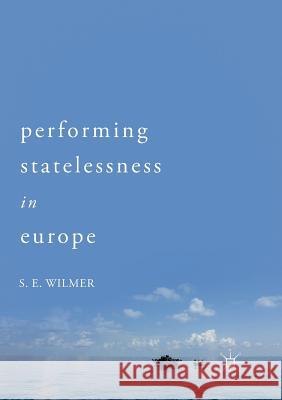Performing Statelessness in Europe » książka
topmenu
Performing Statelessness in Europe
ISBN-13: 9783030098759 / Angielski / Miękka / 2018 / 245 str.
Kategorie:
Kategorie BISAC:
Wydawca:
Palgrave MacMillan
Język:
Angielski
ISBN-13:
9783030098759
Rok wydania:
2018
Wydanie:
Softcover Repri
Ilość stron:
245
Waga:
0.31 kg
Wymiary:
21.01 x 14.81 x 1.37
Oprawa:
Miękka
Wolumenów:
01
Dodatkowe informacje:
Wydanie ilustrowane











